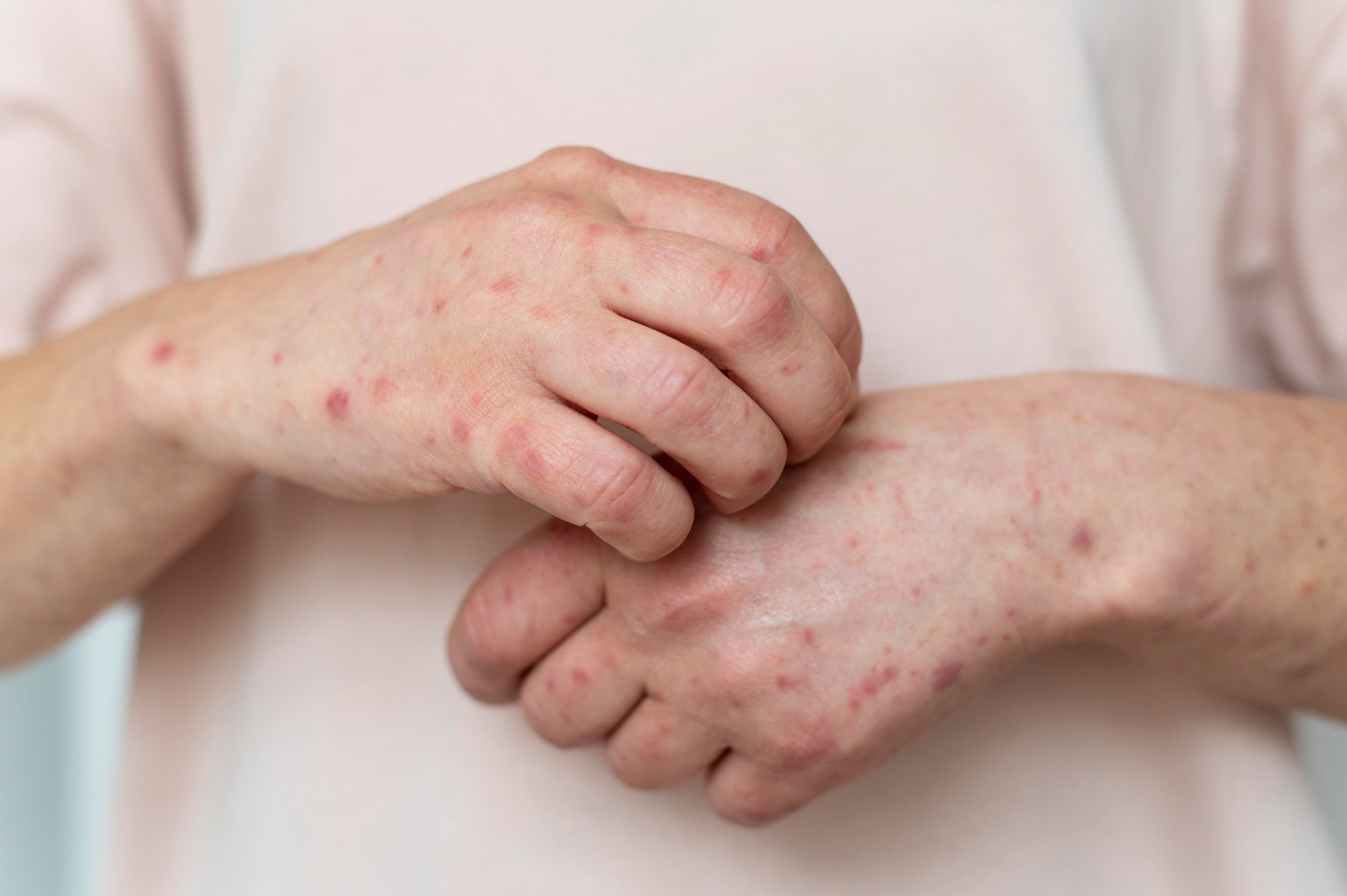
Tumor Necrosis Factor Receptor Associated Periodic Syndrome (TRAPS) is a rare genetic disorder causing recurrent fevers and inflammation. TRAPS often begins in childhood but can appear at any age. Symptoms include fever, abdominal pain, muscle pain, and skin rashes. These episodes can last for days or even weeks. The condition is linked to mutations in the TNFRSF1A gene, which affects the body's inflammatory response. TRAPS can lead to complications like amyloidosis, which impacts organs such as kidneys and liver. Diagnosis involves genetic testing and clinical evaluation. Treatment focuses on managing symptoms and preventing complications, often using anti-inflammatory medications. Understanding TRAPS is crucial for those affected and their families.
Key Takeaways:
- TRAPS is a rare genetic disorder causing fever, rash, and inflammation. It's diagnosed through genetic testing, blood tests, and family history. Treatment includes NSAIDs, corticosteroids, and biologic agents.
- Understanding TRAPS helps manage symptoms and prevent complications. Treatment involves medication, monitoring, and supportive care for a better quality of life.
What is Tumor Necrosis Factor Receptor Associated Periodic Syndrome?
Tumor Necrosis Factor Receptor Associated Periodic Syndrome (TRAPS) is a rare genetic disorder. It causes recurrent episodes of fever, rash, and other inflammatory symptoms. Understanding TRAPS can help manage its symptoms better.
-
TRAPS is an autoinflammatory disorder. This means the immune system mistakenly attacks the body's own tissues, causing inflammation.
-
The TNFRSF1A gene mutation causes TRAPS. This gene provides instructions for making a protein that helps regulate inflammation.
-
TRAPS is inherited in an autosomal dominant pattern. A single copy of the altered gene in each cell is enough to cause the disorder.
-
Fever episodes in TRAPS can last from a few days to several weeks. These episodes can be unpredictable.
-
Rashes are common in TRAPS. They often appear as red, raised patches on the skin.
-
Abdominal pain is another symptom. It can be severe and may mimic appendicitis or other abdominal conditions.
-
Muscle pain and swelling are frequent. These symptoms can affect any part of the body.
-
Eye inflammation can occur. This might include conjunctivitis or uveitis, causing redness and pain.
-
Joint pain is also a symptom. It can lead to arthritis-like conditions in some patients.
-
Amyloidosis is a serious complication. This occurs when abnormal protein builds up in organs, potentially leading to organ failure.
Diagnosing TRAPS
Diagnosing TRAPS can be challenging due to its rarity and varied symptoms. However, certain tests and evaluations can help.
-
Genetic testing is crucial for diagnosis. It identifies mutations in the TNFRSF1A gene.
-
Blood tests can show elevated inflammatory markers. These include C-reactive protein (CRP) and erythrocyte sedimentation rate (ESR).
-
Family history is important. A history of similar symptoms in relatives can suggest TRAPS.
-
Clinical evaluation by a specialist is necessary. Rheumatologists or geneticists often diagnose and manage TRAPS.
Treatment Options for TRAPS
Managing TRAPS involves reducing inflammation and preventing complications. Various treatments can help achieve this.
-
Nonsteroidal anti-inflammatory drugs (NSAIDs) can reduce fever and pain. They are often the first line of treatment.
-
Corticosteroids are used for severe episodes. They help control inflammation quickly.
-
Biologic agents like etanercept can be effective. These drugs target specific parts of the immune system.
-
Colchicine is sometimes used. It can help prevent fever episodes in some patients.
-
Regular monitoring is essential. This helps manage symptoms and detect complications early.
-
Supportive care is important. This includes pain management, physical therapy, and psychological support.
Understanding TRAPS and its management can improve the quality of life for those affected.
Final Thoughts on TRAPS
TRAPS, or Tumor Necrosis Factor Receptor Associated Periodic Syndrome, is a rare genetic disorder causing recurrent fevers, abdominal pain, and muscle aches. Understanding its symptoms and triggers can help manage the condition better. Early diagnosis is crucial for effective treatment. Genetic testing plays a key role in identifying TRAPS, allowing for personalized treatment plans. Medications like corticosteroids and biologics can help control inflammation and reduce symptoms. Lifestyle changes, such as stress management and a healthy diet, also contribute to better outcomes. Support groups and counseling can provide emotional support for patients and families. Staying informed about the latest research and treatments is essential for managing TRAPS. Remember, while TRAPS is challenging, with the right approach, individuals can lead fulfilling lives. Always consult healthcare professionals for advice tailored to your specific situation.
Frequently Asked Questions
Was this page helpful?
Our commitment to delivering trustworthy and engaging content is at the heart of what we do. Each fact on our site is contributed by real users like you, bringing a wealth of diverse insights and information. To ensure the highest standards of accuracy and reliability, our dedicated editors meticulously review each submission. This process guarantees that the facts we share are not only fascinating but also credible. Trust in our commitment to quality and authenticity as you explore and learn with us.
